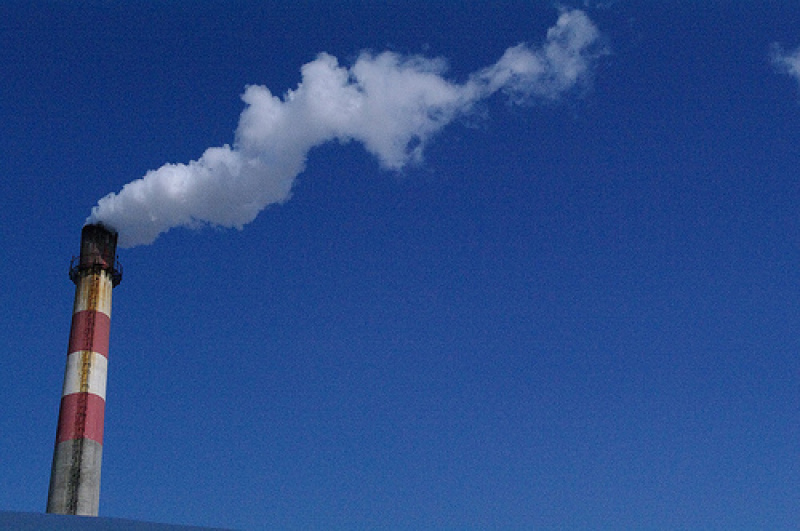
Scientists from the United Nations released a reporting stating that greenhouse gas emissions in the world must be completely eliminated by 2070 in order to prevent a major environmental crisis, according to the Guardian.
In the report, the United Nations Environment Program (UNEP) emphasized that all types of gas emissions must be reduced to zero percent.
Failing to do so will result in an environmental catastrophe. A different report released by the Intergovernmental Panel on Climate Change stated that the world could experience "severe, widespread and irreversible impacts" if gas emissions are not reduced, the National Geographic reported.
The environmental organization issued the warning after discovering that the world's overall gas emission is getting dangerously closer to exceeding the carbon budget. Lead scientist Jacqueline McGlade explained that this budget determines the level of greenhouse gas that the Earth can endure.
Based on data collected from the late 1800s, about 1,900 Gigatonnes of CO2 have already been released in the Earth's atmosphere. Aside from CO2, another 1,000 Gigatonnes of various types of greenhouse gases have been detected by researchers.
Given these figures, McGlade noted that only less than 1,000 Gigatonnes of CO2 can be released before exceeding the carbon budget.
If the world's emissions go beyond the limit, its overall temperature could rise by over 2 degrees Celsius.
According to McGlade, in order to comply with the budget and achieve the zero percent target by 2070, governments of various countries need to act fast and strictly impose new regulations and conduct projects aimed at reducing gas emissions before 2030.
"The big uncertainty is whether you can put enough policies in place from 2020-2030 -- in the critical window -- to allow the least cost pathways [to lower emissions and temperatures] to still stand a chance of being followed," she told the Guardian.
"The uncertainties have shifted from the science to the politics," McGlade added.
The scientist suggested looking into geoengineering projects that could effectively reverse the effects of global warming.
"There are other geoengineering ideas, going back to basics of how to manipulate local water bodies and alter, for example, geothermal productivity," McGlade said.
"We haven't even started to skim the surface of what we can do and we shouldn't rule out the possibility that some of these geoengineering ideas could be extremely good innovations," she added.


















